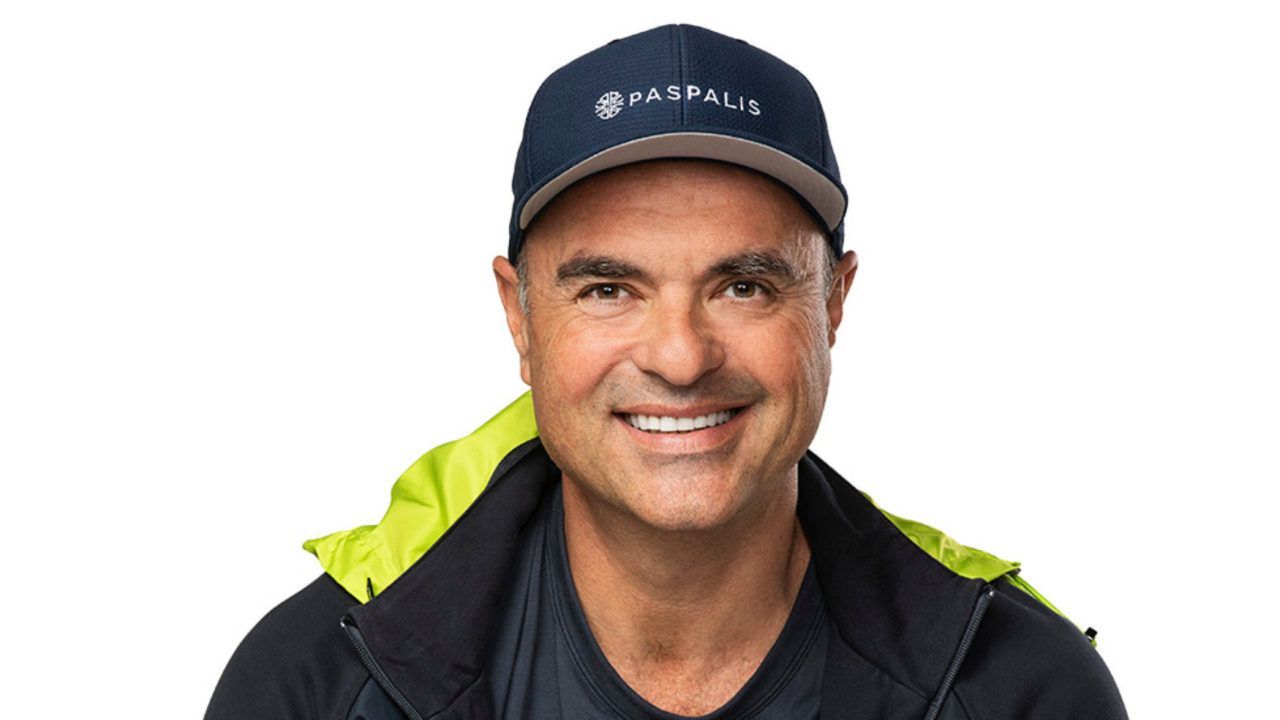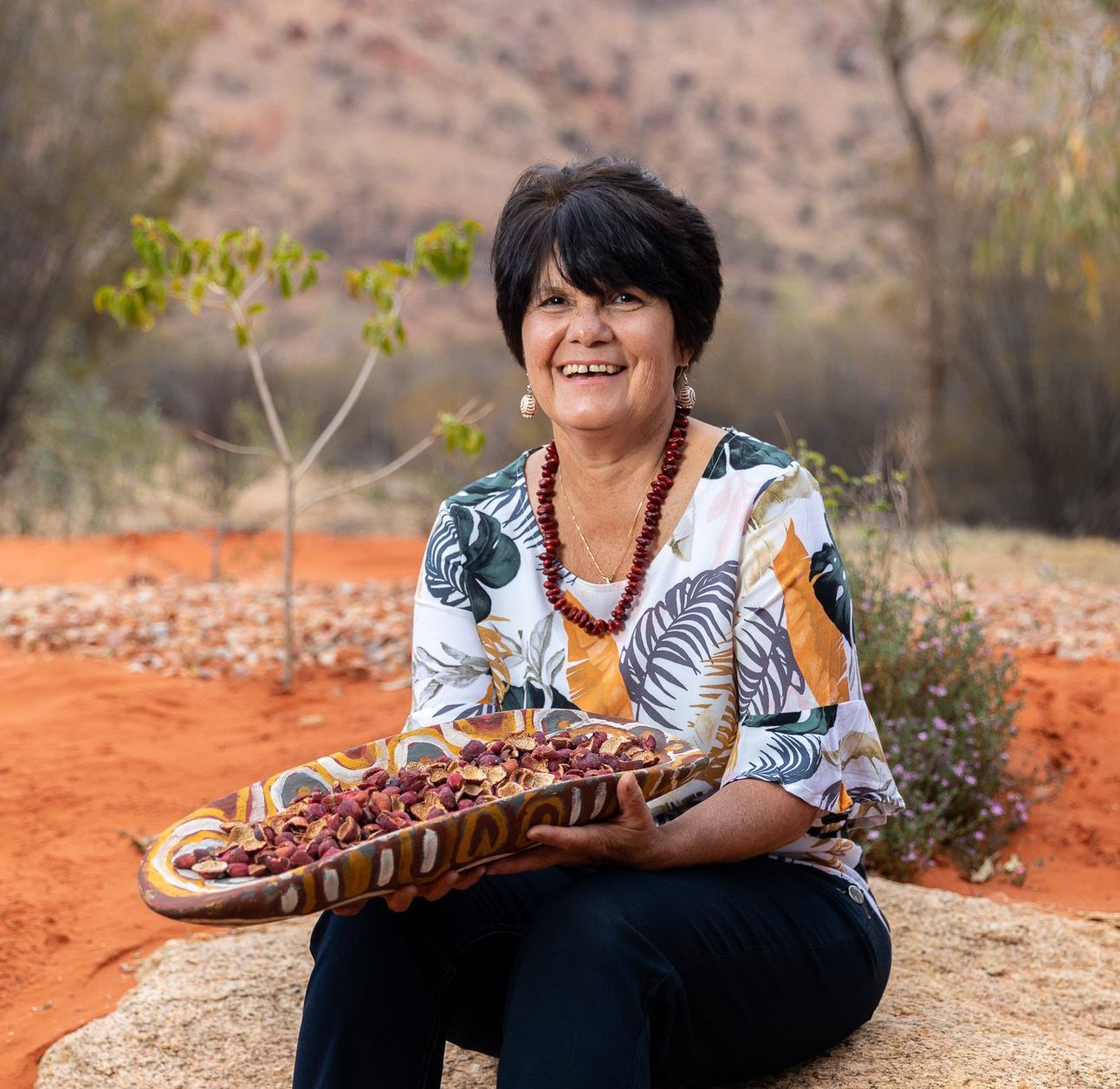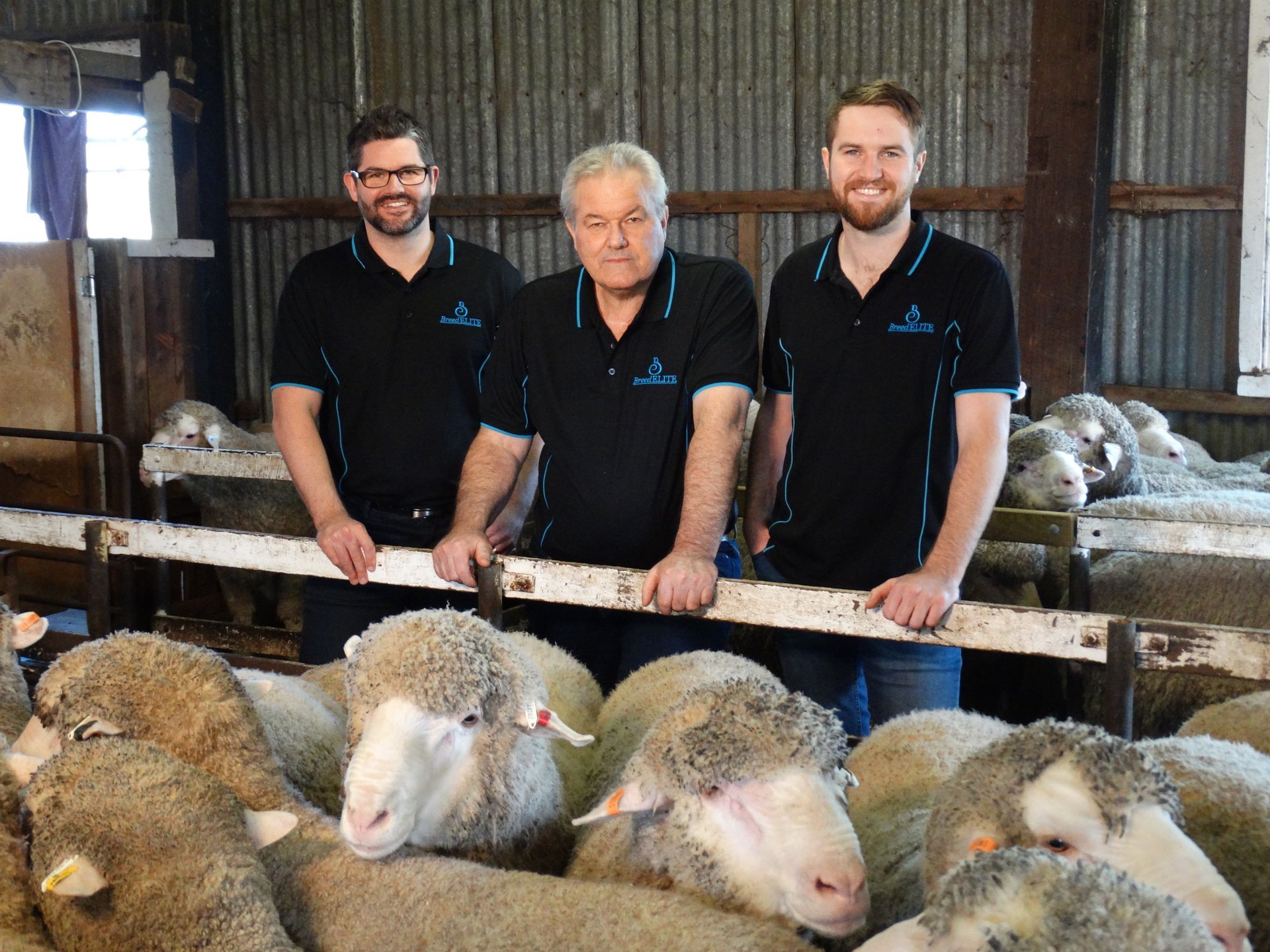The time is right for ethical investing
With record breaking flows into sustainable funds, a proliferation of new sustainable investment options and the relative outperformance of sustainable funds during the global pandemic, ethical investing has been thrust into the spotlight.
But why now? Did investors just get a conscience, or is there something more practical going on?
The explosion of ethical investing is no overnight success story.
But back in the 1980s, or the decade of greed, as it also known, the founders of Australian Ethical were actively going against the prevailing ideology of the time with their ethical approach to investing. However, rather than being do-gooders or hippies, today they seem more like visionaries who sought to harness the power of financial markets to bring about social change.
They could see that living in a world where businesses were left to create continuing damage that governments were forced to clean up at huge cost was unsustainable. They could also see that philanthropy alone would never offer a scalable solution.
But by infusing money with morals, they set out to fundamentally change the system so that it worked for the many rather than the few.
In many ways, the pandemic has validated their approach. It has helped accelerate a shift in public discourse, making normal ideas that were once thought radical. Investors and businesses are becoming socially and environmentally conscious, and it’s no longer acceptable to say “I’m in this just to make money.”
More than morals, ethical investing is now dominated by another more practical idea. That is that companies with good governance, that promote diversity and actively minimise their environmental impact will outperform companies that don’t. Meanwhile, corporate leaders who still believe that pursuing a sustainability agenda runs counter to the wishes of their shareholders are being replaced, often forced out by investors who understand the material risk such an outdated view presents.
Today, the urgent global need for businesses and investors to play a bigger societal role is difficult to ignore. The pandemic and consequent shutdown of entire economies around the world has sharpened the focus on the relationship between businesses and the communities in which they operate. And rather than being just a passing moment of reflection, it is a serious reappraisal of how things were and how they could be.
For too long, we have toiled under the belief that you cannot do well by doing good. That the two are mutually exclusive. The false assumption has permeated many aspects of our lives, especially our investment decisions, where investing for good has been synonymous with compromise.
With their 2020 vision, many more people are starting to see what we have been able to see clearly for some time: that ethics and returns are intrinsically linked. They understand that ethical investing is not philanthropy and does not require sacrificing returns in favour of impact. Instead, they understand that ethical investing means doing good and doing well. At the same time.
And that is why its time has come.
John McMurdo
is the CEO and managing director of Australian Ethical Investment, one of the longest-running ethical investment firms in Australia.
This article is taken from the recently published digital book
Australia's Nobel Laureates Vol III State of our Innovation Nation: 2021 and Beyond










